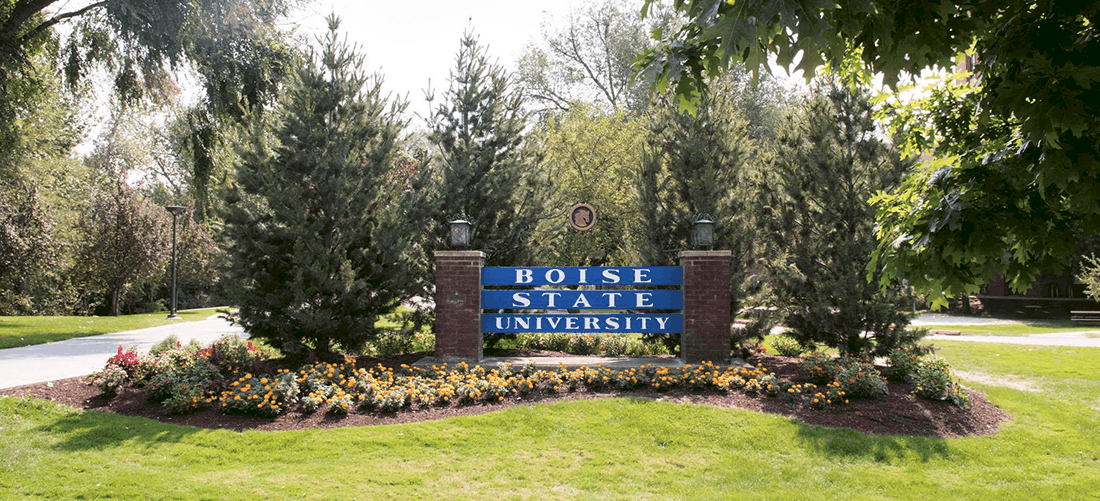


Idaho House Majority Leader Mike Moyle recently told a crowd in Twin Falls that the Legislature should address divisive programs on state college campuses. His comments are significant not just because he’s a key member of legislative leadership, but because this isn’t Moyle’s first rodeo. Unlike his colleagues, Moyle was on deck nearly two decades ago when lawmakers confronted another state agency that went rogue.
In 1999, lawmakers criticized the state government television system for airing content they considered antithetical to Idaho values. The most notable was a documentary aimed at children called “It’s Elementary,” intended to facilitate “talking about gay issues in school.” Other legislators piled on, complaining about the state-sponsored Idaho Public Television running shows that depicted nudity or violence. lawmakers directed IPTV to contain controversial programs and to air multiple disclaimers noting viewers may be exposed to things that would ordinarily violate state law. Complying with the wishes of the Legislature, Gov. Dirk Kempthorne ordered IPTV to air “It’s Elementary” an hour later than previously scheduled. The restrictions on IPTV lasted one year.
It’s hardly unprecedented that lawmakers step in when state agencies become tone-deaf, or follow national trends toward left-of-center policies. And this is most certainly the case with Idaho’s higher education system. It’s safe to say the fight over IPTV’s programming two decades ago pales in comparison to the controversy underway today on Idaho’s college campuses.
For starters, unlike Idaho’s government TV network, Idaho’s public colleges and universities aren’t passive recipients of content from afar. Idaho school officials directly decided to use student tuition and taxpayer money appropriated by the Legislature to create programs—Black Graduation and Rainbow Graduation at Boise State, Lavender Graduation at the University of Idaho—that segregate students based on race and sexual orientation.
Lawmakers approved budgets for the state’s colleges and universities with the stated goal of getting more Idahoans a solid education, not to hire employees to promote the self-immolation and marginalization of students and staff. Lawmakers also approved millions of dollars in financial aid for students, not expecting Boise State to continue an Obama-era policy of pushing foreigners to the front of the scholarship line ahead of Idaho-born students.
All these policy decisions add up to what George W. Bush once called “the soft bigotry of low expectations:” A thinking that certain people are doomed to failure because of race, religion, or sexual orientation.
It’s as unfair as it is outrageous.
So when GOP Rep. Caroline Troy of Genesee told the Moscow Daily News, “I don’t know that it’s the legislator’s job to tell a university how to do their business,” she’s grossly misinformed. When the Idaho Press, in an editorial, said lawmakers should step back and let Boise State University President Marlene Tromp run the school “in the manner in which she sees fit,” the paper is mistaken. When Ryann Banks, a student organizer of a Statehouse demonstration, told a reporter BSU’s so-called diversity programs should garner “no discussion, no debate,” clearly that’s not true.
Today’s Legislature is far more conservative than the one 20 years ago, and the questions facing Idaho are far more existential. Do we want to be a state that believes in all students’ potential, that allows young people to integrate and excel according to their own gifts? Or do we want to be a state that teaches kids there’s a boogeyman around every turn and that the only solution is radical identity politics of division and exclusion?

